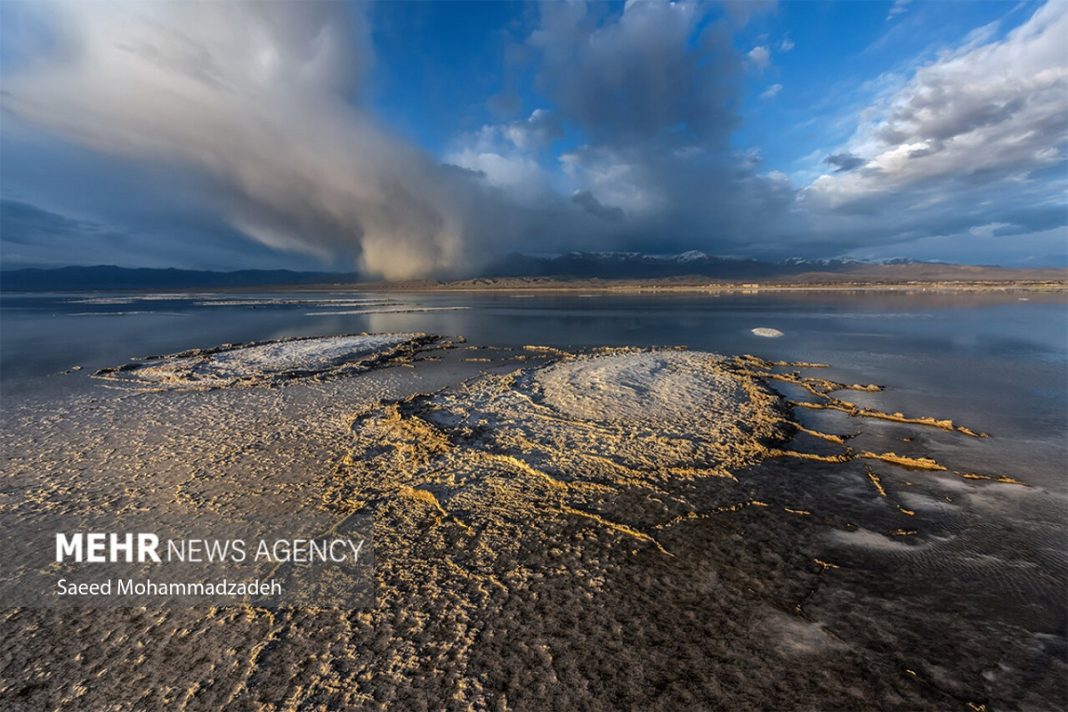Majid Rastegari, the CEO of West Azarbaijan’s Water Company, said the level of water in the lake had reached 1,270 meters and 10 cm within the past 15 days, up by 6 cm.
The number has, however, decreased by 46 cm compared to the same period last year, he said.
The body of water — once the world’s 6th salt water lake and the biggest of its kind in the Middle East — is now on the verge of drying up, despite measures taken to reverse the trend.
The tragedy is blamed both on a number of factors such as unsustainable water use by farmers in the region and climate change.
The rate of rainfall in the region has remarkably reduced in recent decades and the Urmia basin has experienced several multi-year droughts.
